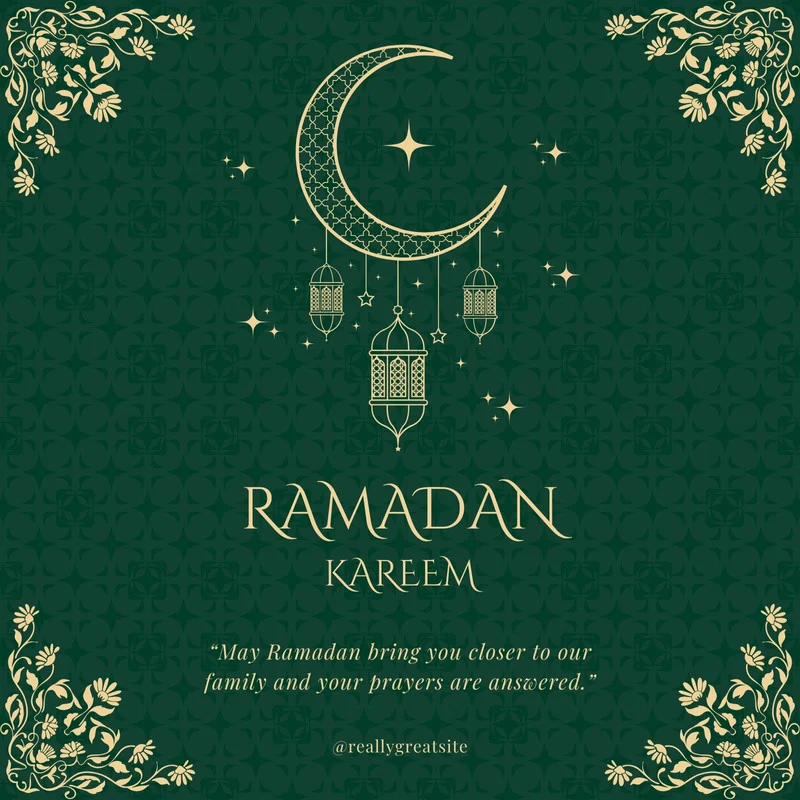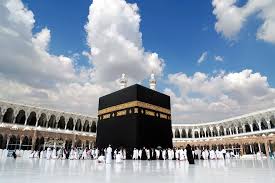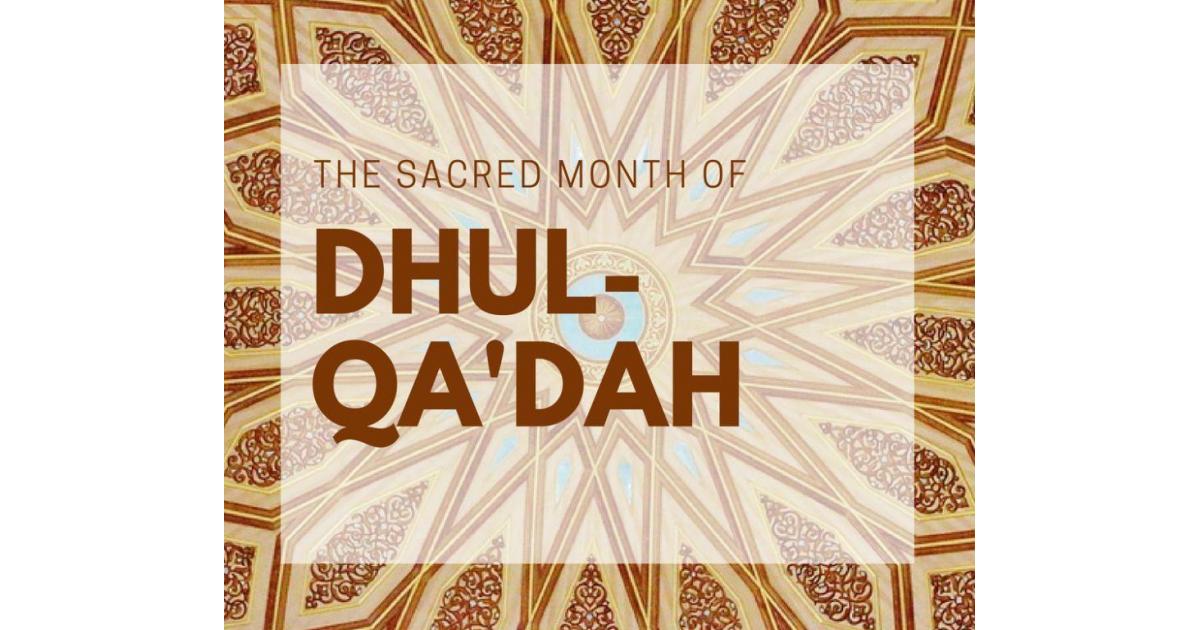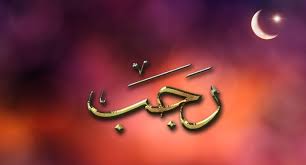Ramadan is the holiest month in the Islamic calendar, observed by millions of Muslims around the world. It is a time of fasting, prayer, reflection, and community. In this article, we will explore the history of Ramadan, its religious significance, the practices of Ramadan, the connection between the Qur’an and Ramadan, the impact on health and fasting, how Ramadan is observe around the world, the importance of charity and Zakat, the celebration of Eid al-Fitr, the impact of Ramadan on society, modern challenges and adaptations, and some frequently asked questions (FAQs). By the end of this article, provided by thefuturedreams.com, you will have a comprehensive understanding of this significant period in Islam.
History of Ramadan
The history of Ramadan dates back to 610 CE when Prophet Muhammad (PBUH) received the first revelations of the Qur’an. The word “Ramadan” comes from the Arabic root “ramida” or “ar-ramad,” which means scorching heat or dryness. This reflects the physical hardship endured during fasting, but also the spiritual purification achieved through the process.
Historically, Ramadan has always been a month of great significance. It is believed that the Qur’an was revealed to the Prophet Muhammad in this month on Laylat al-Qadr (the Night of Decree). Over the centuries, Muslims have observe this month with fasting, prayer, and acts of charity, maintain a tradition that has passed down through generations.
Religious Significance
The religious significance of Ramadan is immense. It is considered the holiest month in Islam and is one of the Five Pillars of Islam, which are the core beliefs and practices every Muslim must follow. The Five Pillars are Shahada (faith), Salat (prayer), Zakat (charity), Sawm (fasting), and Hajj (pilgrimage to Mecca).
Fasting during Ramadan, known as Sawm, is a means of purifying the soul, developing self-discipline, and empathy for those who are less fortunate. Muslims believe that during Ramadan, the gates of Heaven are open, the gates of Hell are closed, and the devils are chained up. This makes it a time of heightened spirituality and religious observance.
Practices During Ramadan
Practices during Ramadan is center around fasting, prayer, and community. From dawn until sunset, Muslims abstain from eating, drinking, smoking, and marital relations. The pre-dawn meal is known as Suhoor, and the meal to break the fast after sunset is called Iftar.
Suhoor
Suhoor is a vital part of fasting as it provides the energy needed for the day’s fast. It is typically consume before the Fajr (dawn) prayer. Foods that are high in fiber, protein, and complex carbohydrates is prefer, such as whole grains, fruits, yogurt, and lean meats.
Iftar
Iftar is a joyous time when families and communities come together to break their fast. It often begins with the eating of dates and drinking water, followed by a larger meal. Traditional foods vary by culture but often include soups, breads, meats, and sweets.
Taraweeh Prayers
During Ramadan, special prayers called Taraweeh is performes after the Isha (night) prayer. These prayers are unique to Ramadan and involve the recitation of long portions of the Qur’an. They are an opportunity for Muslims to engage in additional worship and reflection.
Laylat al-Qadr
Laylat al-Qadr, or the Night of Decree, is consideres the holiest night of Ramadan. It is believes to be the night when the Qur’an was first revealed to the Prophet Muhammad. This night is better than a thousand months (Qur’an 97:3), and Muslims seek its blessings through prayer, recitation of the Qur’an, and supplication.
Qur’an and Ramadan
The connection between the Qur’an and Ramadan is profound. Ramadan is known as the month of the Qur’an because it was during this month that the holy book was revealed. Muslims are encourage to read and reflect on the Qur’an more intensively during Ramadan.
Recitation and Reflection
Many Muslims aim to complete the recitation of the entire Qur’an during Ramadan. This is done through personal reading as well as listening to the recitations in the Taraweeh prayers. The act of reciting and reflecting on the Qur’an is seen as a means of gaining closeness to Allah and understanding His message more deeply.
Laylat al-Qadr
As mentione earlier, Laylat al-Qadr holds special significance because it is believes to be the night when the Qur’an was reveales. Worship on this night is considere to be more powerful and rewarding than worship in a thousand months.
Health and Fasting
Health and fasting during Ramadan is a topic of much interest. Fasting has both physical and spiritual benefits, but it also requires careful management to ensure one’s health is maintain.
Fasting can lead to weight loss, improved blood sugar control, and detoxification of the body. It gives the digestive system a break and can lead to better metabolism.
Potential Challenges
However, fasting can also pose challenges such as dehydration, headaches, and fatigue, especially in the early days. It is important to stay hydrated and consume a balanced diet during Suhoor and Iftar to mitigate these issues.
Nutritional Tips
To maintain health during Ramadan, it is advisable to:
- Drink plenty of water during non-fasting hours.
- Eat a balanced diet with complex carbohydrates, proteins, and healthy fats.
- Avoid sugary and fatty foods that can lead to energy crashes.
Ramadan Around the World
Ramadan around the world is mark by diverse cultural practices and traditions. While the core practices of fasting and prayer are consistent, the way in which Muslims observe Ramadan can vary significantly.
Middle East
In the Middle East, Iftar often includes dates, lentil soup, and a variety of main dishes such as lamb, rice, and salads. Cities and towns are adorn with lights, and special events are held.
South Asia
In South Asia, traditional foods like samosas, pakoras, and biryani are popular during Iftar. Communities come together for large communal prayers and celebrations.
Southeast Asia
In Southeast Asia, Ramadan is celebrate with foods like rendang, satay, and rice cakes. Markets and bazaars are set up for people to buy food and gifts.
Western Countries
In Western countries, Muslims adapt their practices to the local environment, often facing challenges such as longer fasting hours during summer. Despite these challenges, they maintain their traditions and find ways to observe Ramadan faithfully.
Charity and Zakat
Charity and Zakat are integral parts of Ramadan. Zakat is one of the Five Pillars of Islam and requires Muslims to give a portion of their wealth to those in need.
Importance of Charity
Charity while Ramadan is particularly emphasiz. Muslims believe that acts of charity is multiple in reward during this holy month. This spirit of giving helps to build community and support the less fortunate.
Types of Charitable Activities
Charitable activities during Ramadan include donating money, food, and clothing to those in need. Many also volunteer their time to help in community service projects.
Zakat al-Fitr
Zakat al-Fitr is a special form of charity given before the Eid al-Fitr prayer. It is intend to purify those who fast from any indecent act or speech and to help the poor and needy.
Eid al-Fitr
Eid al-Fitr is the festival that marks the end of Ramadan. It is a time of celebration, gratitude, and communal harmony.
Celebration
The day begins with a special prayer called Salat al-Eid. Families gather to celebrate, exchange gifts, and enjoy festive meals. Traditional foods, sweets, and new clothes are a significant part of the celebrations.
Religious Significance
Eid al-Fitr is also a time to thank Allah for giving the strength and patience to complete the fast. It is a day of joy and gratitude.
Impact of Ramadan on Society
The impact of Ramadan on society is profound. It fosters a sense of community, empathy, and social responsibility.
Community Bonding
During Ramadan, Muslims come together for prayers, meals, and charitable activities. This strengthens community bonds and promotes unity.
Economic Impact
Ramadan also has an economic impact. Markets and businesses often see increased activity, especially in the food and retail sectors. However, work hours may be adjust to accommodate fasting schedules.
Social Activities
Ramadan encourages social activities that promote welfare and harmony. Community iftars, charity drives, and special religious programs are common.
Modern Challenges and Adaptations
Modern challenges and adaptations during Ramadan are varied, especially for Muslims living in non-Muslim-majority countries.
Observing Ramadan in Non-Muslim Countries
Muslims in non-Muslim countries may face challenges such as longer fasting hours, lack of community support, and difficulty finding halal food. Despite these challenges, they adapt by creating supportive communities and using technology to stay connected.
Managing Work and Fasting
Balancing work and fasting can be difficult. Employers may offer flexible working hours, and Muslims often use their lunch breaks for prayer and rest.
Technological Aids and Apps
Technology plays a significant role in modern observance of Ramadan. There are numerous apps that provide prayer times, Qur’an recitations, and reminders for Suhoor and Iftar.
FAQs
1. What is the purpose of fasting during Ramadan?
Fasting during Ramadan is means to purify the soul, develop self-discipline, and empathize with those who are less fortunate.
- What can you eat during Ramadan?
During non-fasting hours, you can eat a balanced diet that includes complex carbohydrates, proteins, and healthy fats. It is important to stay hydrated.
- What is Laylat al-Qadr?
Laylat al-Qadr is the Night of Decree, believed to be the night when the Qur’an was revealed. It is considered better than a thousand months.
- How is Eid al-Fitr celebrated?
Eid al-Fitr is celebrate with a special prayer, festive meals, and the exchange of gifts. It marks the end of Ramadan.
- What is Zakat al-Fitr?
Zakat al-Fitr is a form of charity given before the Eid al-Fitr prayer to purify the fast and help the needy.
Conclusion
Ramadan is a month of immense spiritual and communal significance. It is a time for Muslims to reconnect with their faith, practice self-discipline, and contribute to the welfare of society. Whether through fasting, prayer, charity, or community activities, Ramadan offers numerous opportunities for personal and spiritual growth. This comprehensive guide provided by thefuturedreams.com aims to give you a detailed understanding of this holy month and its various aspects.





One thought on “Ramadan: A Comprehensive Guide”